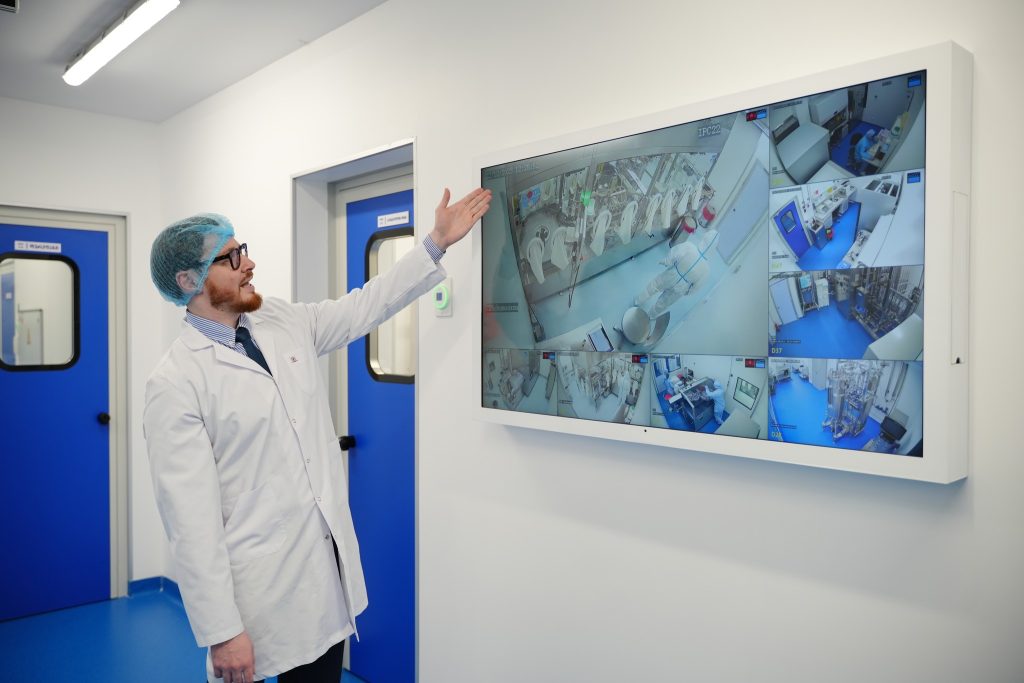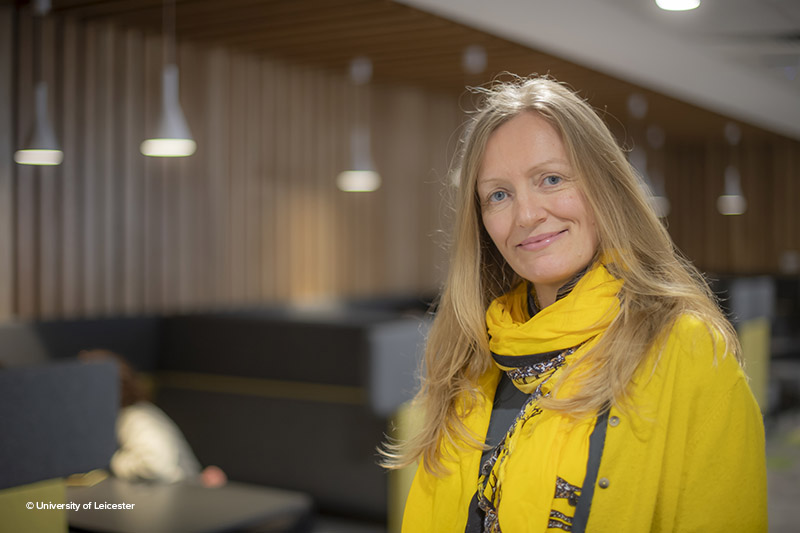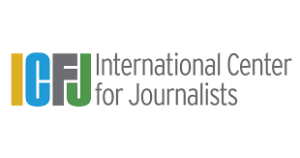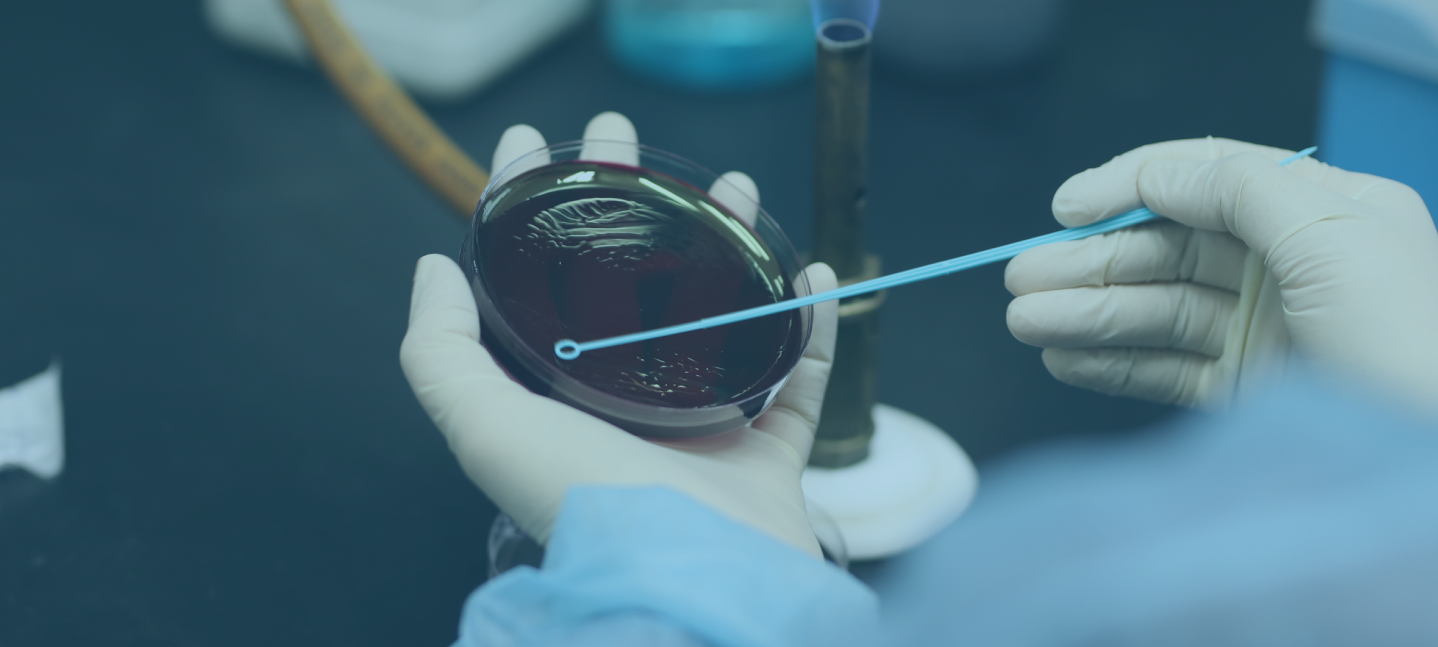Georgia as an international hub for developing bacteriophages as an alternative to antibiotics
Georgian bacteriophages as an alternative to antibiotics
BioChimPharm Enterprise, located in the building of the Institute of Bacteriophages in the capital of Georgia, was founded back in 1934. From here, bacteriophages (or simply “phages”) — viruses that destroy bacterial cells and a more effective alternative to antibiotics—were supplied to all the republics of the Soviet Union.
Today, nearly 90 years later, equipped with European technologies, it has become the first enterprise of its kind in the South Caucasus to receive GMP (Good Manufacturing Practice) certification.

Director Rati Golijashvili recalls that the enterprise went through a very difficult period in the early 1990s after the collapse of the USSR.
“There was no gas, no water, no electricity, the equipment was rusted, and the factory was on the brink of collapse. Production resumed in 1998-1999,” he says.
A two-year project for the modernization and re-equipment of the enterprise was implemented with the support of the European Union, the European Bank for Reconstruction and Development, and local structures, costing approximately six million dollars in total. The enterprise has already started supplying Georgian-produced bacteriophages to eight countries.
“Our goal is increase this number tenfold and export Georgian products to 80 countries. It is a very ambitious and challenging mission, but we are striving towards it and actively working on it, conducting negotiations,” says Rati Golijashvili.
Given that bacteria are becoming increasingly resistant to antibiotics, making antibiotics less effective, Golijashvili believes that Georgia has the potential to become an international hub in the field of bacteriophages:
“Georgia is a pioneer in these technologies. It is not only the homeland of wine but also the homeland of bacteriophages. The country has nearly a century of experience in their research.”
Recently, interest in bacteriophages has been growing. While many countries are searching for solutions to the problem of antibiotic resistance, bacteriophages are considered one of the effective means.
Professor Martha Clokie of Leicester University has been researching bacteriophages for many years and heads the recently established Phage Research Centre in the UK.

Martha has visited Georgia multiple times and maintains regular contact with Georgian scientists. According to her, despite the growing interest, phage therapy is currently not feasible in the UK due to a complex set of problems.
“If a doctor wants to prescribe phages, they cannot do so because bacteriophages are not produced in the UK according to GMP standards. No one wants to invest money in production because there is no market, no regulation, but how can there be regulation if there are no phages? For regulation, clinical trials need to be conducted. Unfortunately, we are in such a vicious circle,” Martha explains.
In January 2024, the Science, Innovation and Technology Committee published a comprehensive report on the potential of bacteriophages. The report highlighted the crucial role phages could play in combating antibiotic resistance. The recommendations of the committee were fully endorsed by the UK government.
Martha reports that there have been some significant changes in recent months, and the UK is moving to a new stage in working with phages:
“The government has stated that it is considering the possibility of opening a production facility, and I am also involved in this process.“
There is also great interest in phages from patients. Many people struggling with antibiotic resistance turn to Martha for advice on phage therapy. Currently, all she can do is direct these people to Georgia:
“People often write to me about their serious problems, asking what to do… I help them get in touch with the Institute of Bacteriophages in Tbilisi.”
Martha finds the plans of the Georgian company BioChimPharm to export phages from Georgia to Europe quite realistic but notes that it will be accompanied by significant challenges:
“They need to have the same production standards as other European countries. This is very difficult. There are many different technical problems related to phage production. Coordination with other healthcare systems is required, which is quite challenging. Georgian phages are quite complex and not thoroughly characterized.”
In her opinion, at this stage, creative models of cooperation with different countries should be considered:
“As far as I know, Georgian doctors are collaborating with their Indian colleagues. Phages are sent to India, and then Georgian medics train Indian ones. This is a very good model for spreading Georgian phages to other countries.”
According to the decision of the Georgian government, phage production has become one of the top three technological directions for the country in 2024. The government stated that as demand for phages grows, Georgia will be able to offer the world important technological products in this field.
The project is funded by the ICFJ through the Health Innovation Program.





















